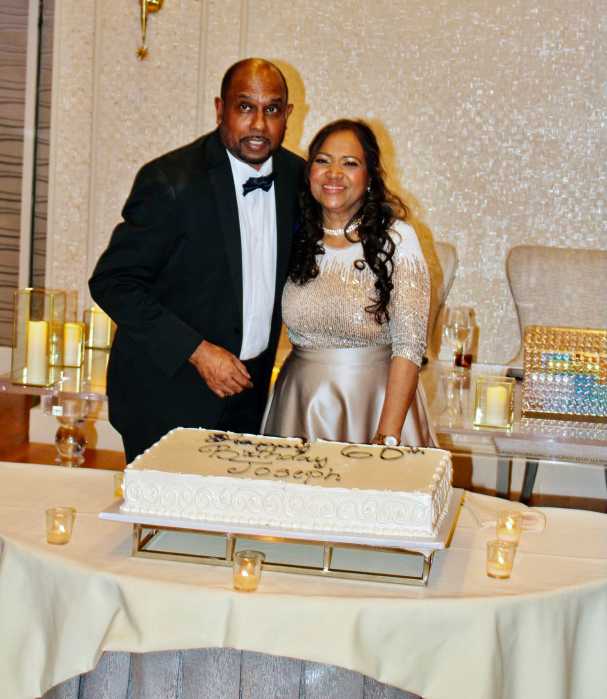He even beat Ted Kennedy to the punch. Harry Reid, the moderate Nevada Democrat widely noted for his opposition to abortion when he assumed the Senate minority leadership in the wake of Tom Daschle’s defeat last year, came out swinging this week in opposition to President George W. Bush’s nomination of federal Judge John G. Roberts to be the next chief justice.
Noting a memorandum Roberts had written during his time in the Reagan Justice Department that included the phrase “illegal amigos,” the Democratic leader said, “I’m not so sure his heart is as big as his head.”
That shot cut into what has been widely judged one of Roberts’ key assets since his nomination—his pleasant and gentlemanly demeanor and unflagging cool that have been conflated with Middle American moderation unlikely to inflame the simmering culture wars. Roberts was so patient and courtly during his confirmation hearings last week that Bill Maher took to wisecracking about “how gay” he is.
Reid’s worries about Roberts’ heart signal that the Democrats are willing to raise fundamental questions about the commitment to fairness on the part of Bush’s judicial nominations. Since Reid has essentially ruled out a filibuster on the Roberts nomination, his statement would appear to be the first phase of a potential skirmish over the president’s prospective candidate for the high court’s second vacancy.
Reid expressed considerable pique over what he clearly sees as an affront to the Senate’s prerogatives. After meeting with a number of women’s and civil rights groups on Capitol Hill to testify against Roberts, Reid said that the nominee had been evasive and less than forthcoming in responding to significant questions with which judiciary committee Democrats had confronted him.
The Democratic leader seemed even more irritated by the president’s conduct in failing to release all of the written records requested by the Senate minority, particularly documents from Roberts’ stint as chief deputy to Solicitor General Kenneth Starr during the administration of George H.W. Bush.
“The administration cannot treat the Senate with such disrespect without some consequences,” he said.
Clearly, Reid is angling to have greater input on Bush’s choice of a second court nominee and in how that choice is vetted by the Senate. The minority leader had given the president a list of acceptable nominees prior to the Roberts announcement and it did not include the man now likely to become chief justice of the United States.
Still, from the perspective of progressives and the gay community, Roberts filling Rehnquist’s seat is pretty much an ideological wash. The big battle comes if a hard right conservative is named to replace Sandra Day O’Connor, who was more moderate than either Rehnquist or Roberts and made particular progress over her tenure in her thinking on gay rights.
Roberts may well be in the bag, but the Bush administration—saddled with Iraq, Katrina, and exploding gas prices—is staggering, and we may see a presidency that is reduced to running in place for three years.
The time for Democratic boldness has arrived, and Harry Reid has shown a welcome willingness to lead. Coupled with the reasoned statement of opposition announced this week by Lambda Legal—which it must be said is taking a gamble in speaking out against a man it will likely face in court in the years to come—the Reid announcement suggests there might be light at the end of the unfortunate, and seemingly interminable, Bush tunnel.
gaycitynews.com













